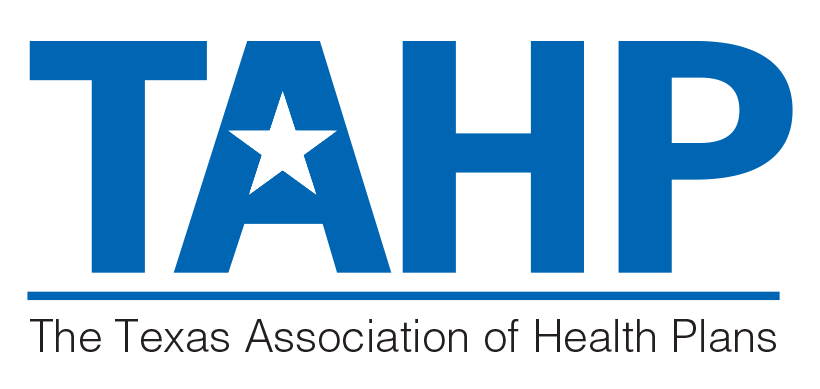
FDA Approves First State Plan to Import Drugs from Canada
Complete Coverage

By: TAHP | Wednesday, January 10, 2024
What’s new: Just last week, the FDA approved a Florida proposal to purchase drugs directly from wholesalers in Canada—a move aimed at combating the significant disparity in cost of drugs between the U.S. and other comparable countries.
- Florida estimates it could save up to $183 million per year by importing medications for conditions like H.I.V., AIDS, diabetes, hepatitis C, and psychiatric disorders.
Texas can take action: Following the FDA’s landmark decision to allow Florida’s drug importation, Texas now faces an opportunity to take similar action.
- With legislation already in place from the recent session, Texas is well-positioned to advance its own application process, potentially bringing more affordable drugs from Canada to its residents.
Why it matters: Prescription drug prices continue to soar in the United States while other nations enjoy lower costs. Meanwhile, a strong bipartisan majority of Americans are in favor of importing drugs from abroad and seeking other cost-cutting solutions.
- The Commonwealth Fund notes that “Even after price rebates and discounts, Americans pay significantly more for brand-name drugs than people in most other countries.” Nearly three times more per capita.
- Reuters reports that drug makers are set to raise prices on at least 500 drugs, continuing their trend of routine price hikes throughout the year.
Historical context:
- Congressional Approval: Two decades ago, Congress passed a law for drug importation, but safety concerns caused delays in its implementation.
- Presidential Actions: In 2020, President Trump responded to high drug prices by publishing a regulation to allow states to propose drug importation to the FDA. President Biden, in 2021, further pushed for federal-state collaboration on these importation plans.
- Florida’s Legal Action: Under Governor DeSantis, Florida sued the FDA to accelerate its drug importation proposal.
- States Embracing Importation: AARP reports that eight states — Colorado, Florida, Maine, New Hampshire, Vermont, New Mexico, North Dakota, and Texas — have passed laws for drug importation.
- Progress with the FDA: Colorado, New Hampshire, Vermont, and Florida have submitted their importation proposals to the FDA. Colorado’s application is under FDA review, Vermont’s was found incomplete, and New Hampshire’s was rejected.
Misleading safety concerns: Claims by the drug manufacturer industry that drug importation poses safety risks are often misleading and overlook crucial facts. Key protections in place include:
- FDA inspections: International drug manufacturing facilities supplying to the U.S. undergo rigorous FDA inspections and approvals. These same FDA-approved facilities are supply sources for drugs in other markets, including Canada.
- Compliance with FDA standards: States seeking to launch importation programs must ensure that imported drugs meet the FDA’s stringent safety standards for finished products and active ingredients.
- Florida’s model: With its plan approved, Florida must still secure FDA approval for its drug list, establish a system to guarantee safety and authenticity, and relabel the drugs to comply with FDA requirements.
Texas steps up: Last session, the legislature passed HB 25 (Rep. Talarico, Senator Koklhorst) signaling its readiness to join other states in importing lower-cost drugs from other countries.
- Texas’s new law requires HHSC to create a program for wholesale drug importation, aiming to make more affordable medications available to Texans.
- A recent implementation report outlines the progress of similar state efforts and resources required, suggesting integration with the Texas Pharmaceutical Initiative from HB 4990 for enhanced efficiency.
Yes, but: Canadian government objections may still stand in the way.
- Canada passed a law to prohibit drugs from export if it could cause a drug shortage in the country.
- Health Canada recently stated that “bulk importation will not provide an effective solution to the problem of high drug prices in the U.S.”
The bigger picture: Remember that prescription drugs make up 22 cents on every dollar spent in health care.
- Patients pay more in out-of-pocket costs than in any other nation, but insurers pay significantly more on behalf of patients as well—further raising health insurance premiums.
- Polling shows that more than three quarters of Republicans, Democrats, and Independents all support importation and other reforms aimed at lowering drug costs.
- 82% of the public says “the cost of prescription drugs is unreasonable” signaling to lawmakers that they should continue these and other efforts aimed at affordability.
Stay updated on the latest TAHP news

Articles written by TAHP’s team of policy experts that examine the research, trends, and impact of the most important health care policy issues facing Texas and the country today.

Weekly news clips assembled by the TAHP team that highlight the top headlines from the health insurance and health care worlds, as well as important political updates.
